China: the silent player
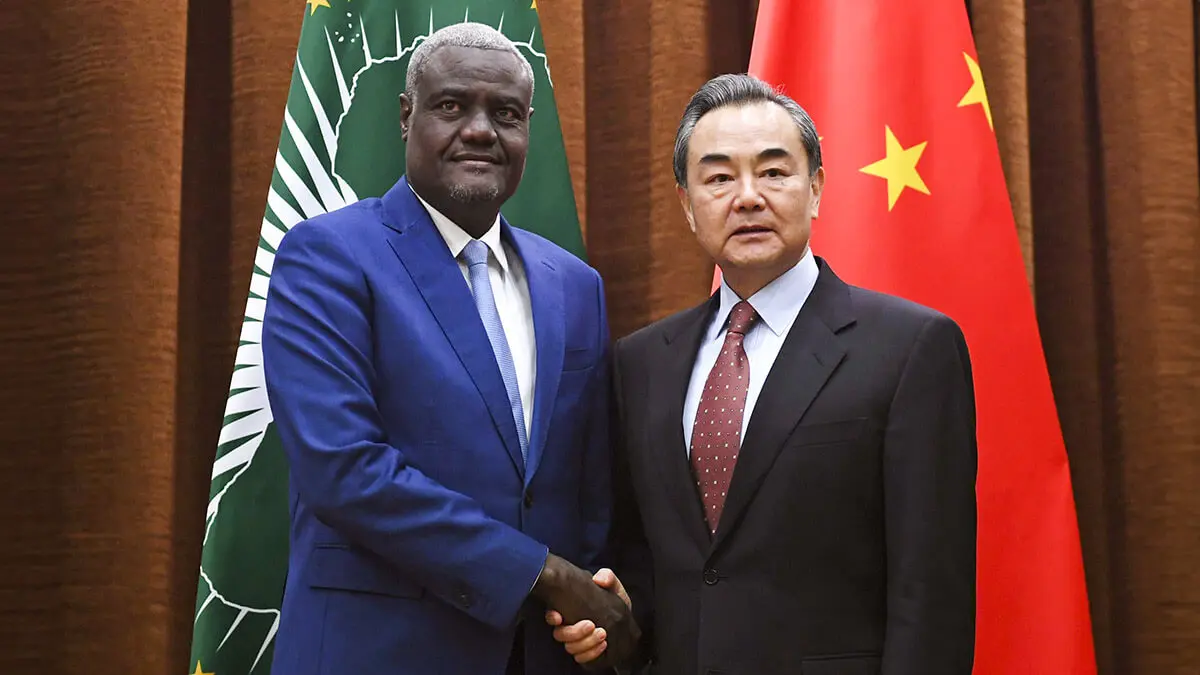
In today's geopolitical landscape with wars, conflicts and protests exploding everywhere, China is a hidden player behind the clashes between Russia and the United States.
The struggle for natural resources is the backdrop to almost every international conflict today and in recent history.
With the accelerated depletion of non-renewable fuels, many countries are fighting tooth and nail to keep control of what remains. One of the world's largest repositories of these resources is the African continent. Vast distances, adverse and even cruel weather in some areas, and the absence of infrastructure mean that these resources remain untapped.
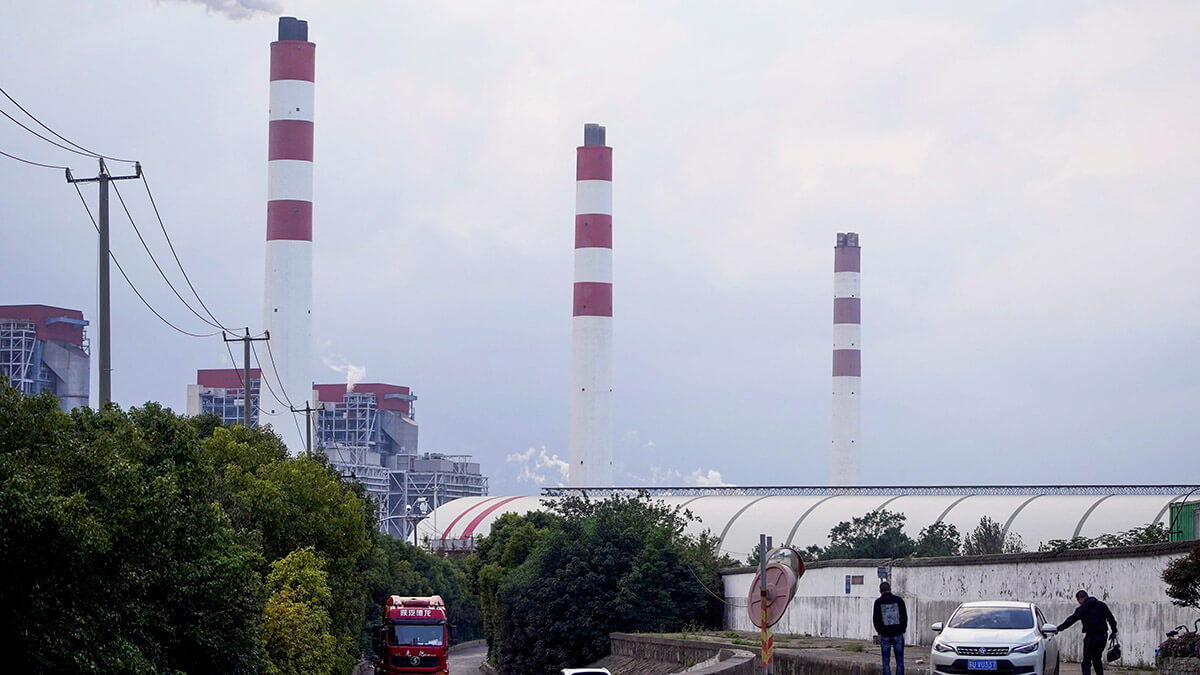
Despite the "green brand" being sold by international social demands, the social, economic and political structures of many countries are based on and sustained by the exploitation and control of non-renewable fuels. Eliminating the need for this fuel would sink not only these countries, but more importantly, their power. Power, something to be hurt, killed and betrayed for, is something these countries will cling to with all their might because its loss would have serious consequences (economic sanctions among others for violating international treaties, human rights treaties, etc.). The same desperation also resides in large multinationals that will do whatever they can to gain.
The unstoppable depletion of resources that these companies and countries are facing means that they are increasingly turning to Africa. In a market as lucrative as fuel along with other natural resources such as numerous minerals, the costs incurred in acquiring these resources are not as much of a deterrent as they once were.

The new Africa
China, a strategic long-placist country, took advantage of the departure of the European colonising countries and the subsequent outbreak of numerous outbreaks of war to establish ties with politicians sympathetic to socialist or communist ideas. China had previous relations with some countries, but it was in the Cold War period that China strengthened its position and created new trade relations.
Ryszard Kapuściński, a Polish journalist specialising in the African continent, reported on Chinese actions after the departure of European governments in the process of decolonisation. In countries in full economic meltdown, with serious corruption problems and with piles of corpses the size of hills, the previously existing economic support provided by French, Belgian, Portuguese, German, etc. governments disappeared, leaving countries such as Rwanda, Angola, Uganda, among many others, in chaos. China was able to provide a multitude of commodities at greatly reduced prices that the citizens of these countries could afford. It was able to sustain their economies by creating bilateral relations.
The Cold War made Africa the chessboard of the world's great powers; today it is in the same position. With the clash of these, China's actions have been more strategic economically than those of other actors. In a statement from the Chinese Ministry of Foreign Affairs in late 2021, it explained that: "Developing solidarity and cooperation with African countries has been the pillar of China's foreign policy, as well as a firm and long-standing strategy". Through the statements and analysis of China's strategies, it is apparent that Africa is China's aim to become the world's leading power, whether in the public eye or not.
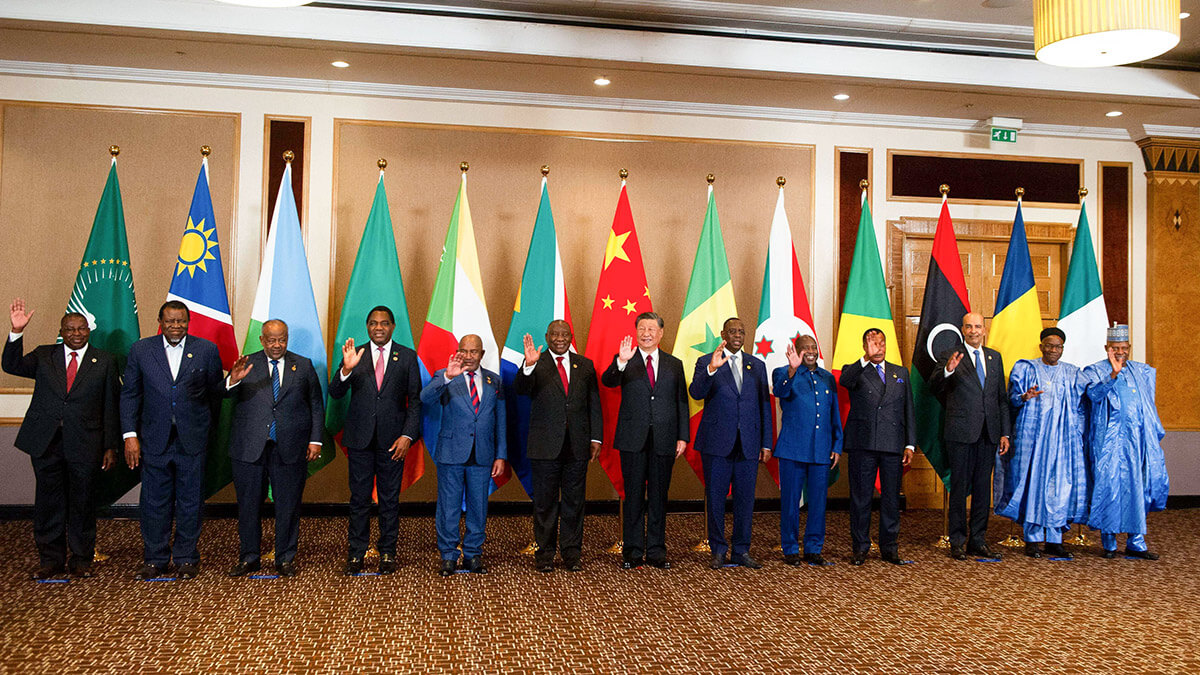
Mutual benefit
In a Casa África report on China's presence on the African continent, it found that, although China has a non-interventionist policy (announced in a Chinese Foreign Ministry statement), in 2015 it had soldiers in a third of African countries and has begun to take on the role of mediator as, for example, in the conflict between Sudan and South Sudan.
Interestingly, despite an abundance of figures in the aforementioned communiqué, one figure is missing. In 2020, 21% of Africa's foreign trade was with China and it announced that it had "increased its imports of non-resource products from Africa" but avoided citing the quantity. Moreover, the need to mention such imports is striking; it could be interpreted as a strategy to refocus its relationship with Africa.
The rationale for such imports is to facilitate access to the Chinese market for African products, but it does not clarify the potential benefit to China of giving access to its markets to a continent with 33 of its 54 constituent countries considered by the United Nations (specifically UNCTAD) to be developing countries.
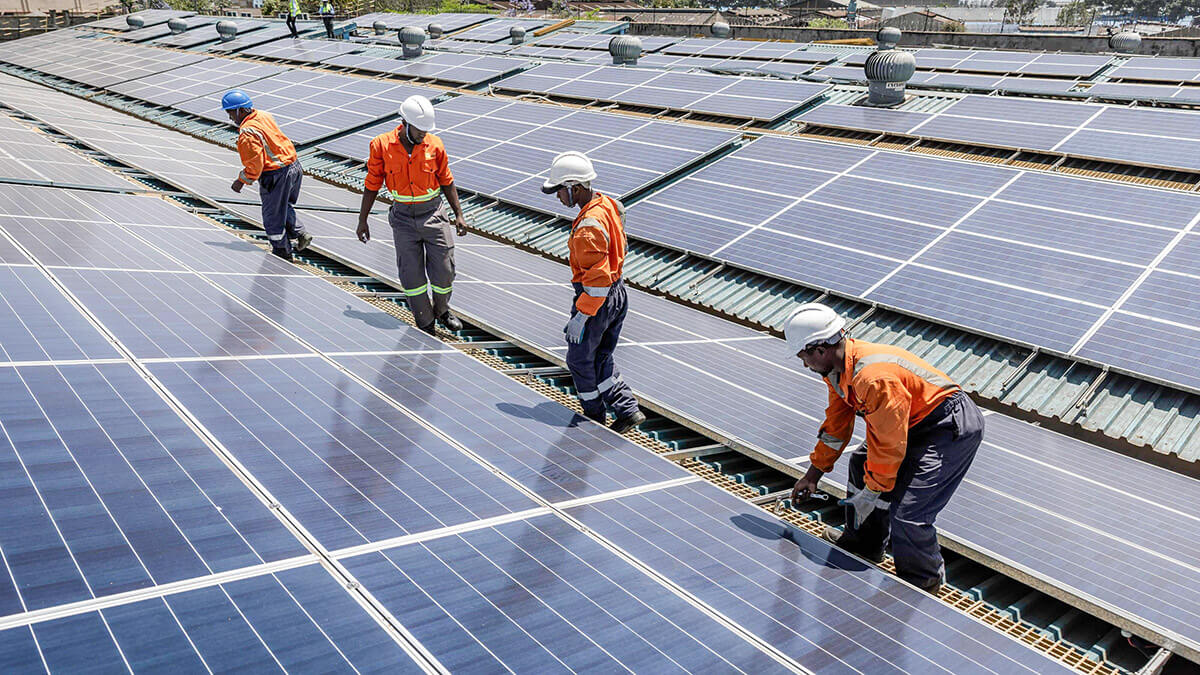
Although China is investing in renewable energy projects both domestically and in African countries, author Cobus Van Staden, a researcher at the South African Institute of International Relations, said that Xi Jinping is striving to bolster the flow of oil and coal to China: "While China, on the one hand, has the largest solar power production capacity and is the country that is installing the most renewable power stations in the world, it is also the country that is installing the most non-renewable power stations". 25% of the oil and gas imported into China is African, 13% of which is crude oil, making Africa its second largest supplier.
China invests in Africa on the principle of mutual benefit. The Casa Africa report found that most of China's economic cooperation is through commercial loans and credit, which the report believes: "Reflects that its [China's] priority is economic cooperation rather than the development of African society". Despite this, however, Chinese loans and aid do not come with governance or intervention conditions compared to those of the Organisation for Economic Cooperation and Development (OECD). This makes China much more attractive to African countries in terms of cooperation. One example is the '"unseating" of the World Bank in Nigeria, whose main export is crude oil and gas. In countries that lack the capital to repay Chinese loans or credits, their natural resources pay off those debts.
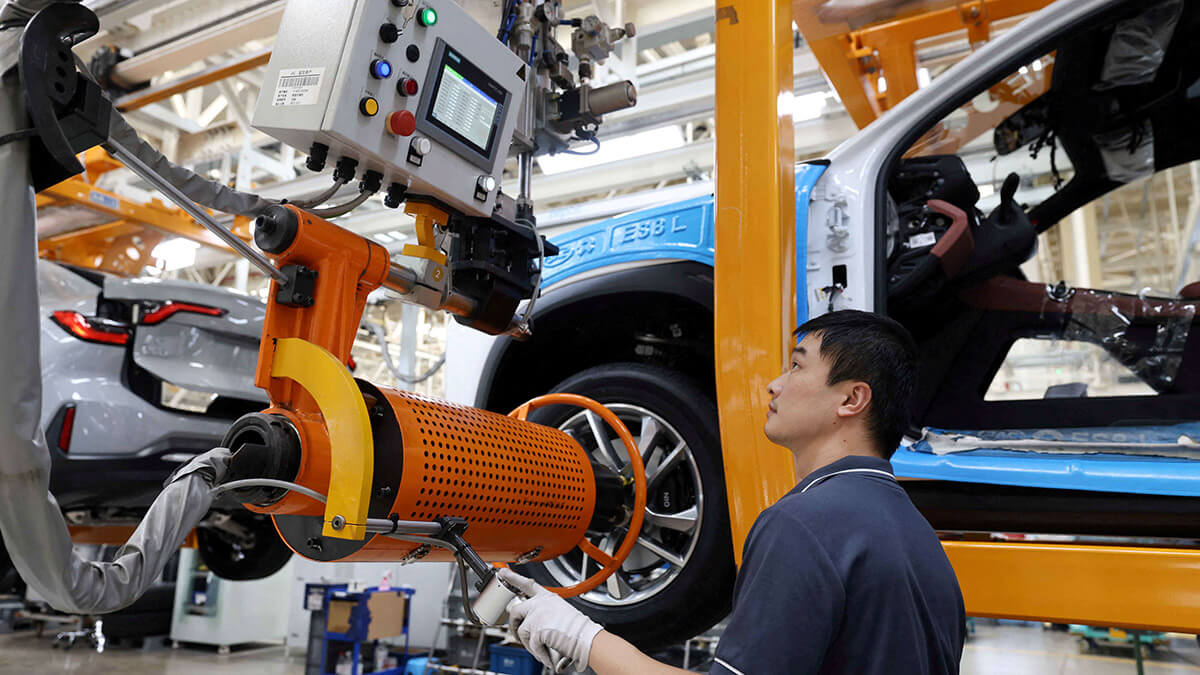
The key to power
The magnitude and strength of China's ties with African countries consolidates its position on the world stage, as the continent has the world's most natural resources, most of which are largely untapped. According to the International Institute for Sustainable Development (IISD), Africa has a third of the world's mineral reserves, including "90 % of the world's platinum reserves; 80 % of coltan; 60 % of cobalt; 70 % of tantalum; 46 % of diamond reserves; and 40 % of gold reserves".
In addition, along with its fuel reserves, it has 24 % of the world's arable land. Its abundant supply of three of the world's major natural resources makes control of Africa more valuable than any other available asset. China, in an IISD report called Critical Minerals: Basic Facts, is the country with the highest criticality (economic importance) along with the highest strategic value of these minerals. This dependence on material resources explains China's long-term strategic discretion on the continent. These relations with African countries are the ace that China has pocketed while the rest of the world has been distracted.
China has signed 15 cooperation agreements with 14 African countries on renewable energy. The critical minerals are linked to the booming green market, especially the increase in demand for electric vehicles (in less than a decade it has risen from 400,000 units to 20 million) and renewable energy.
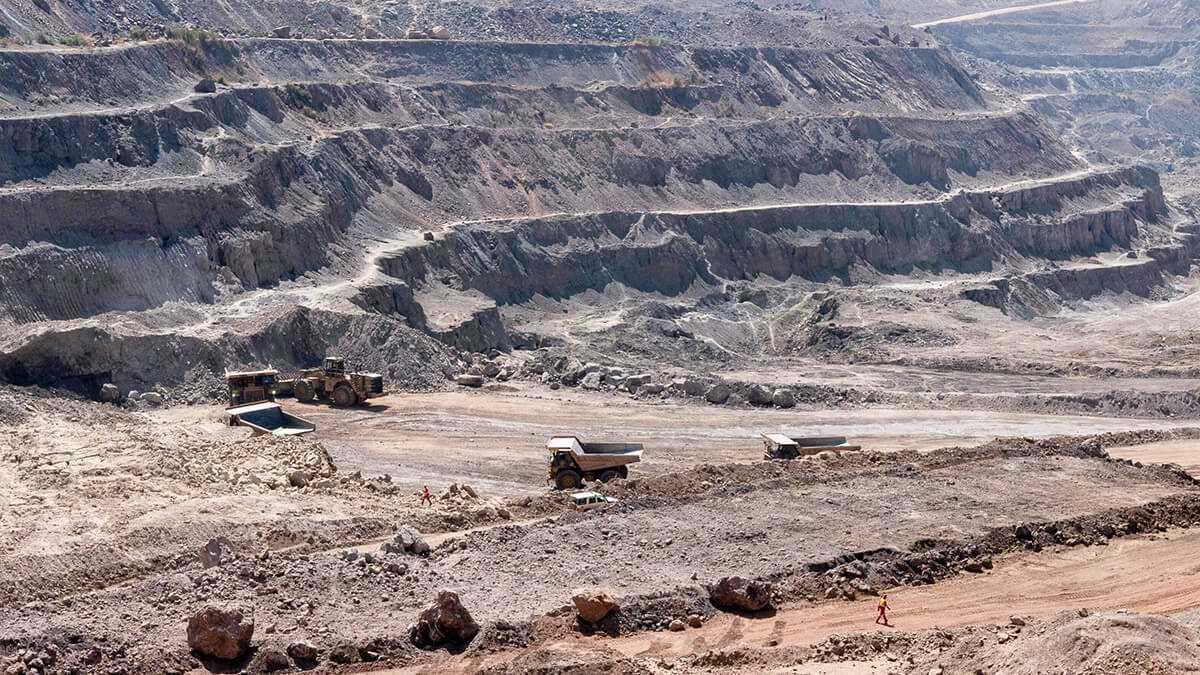
According to Statista data, China leads the world in electric vehicle sales and is projected to sell 7.53 million electric vehicles by 2027, compared to 5.55 million in Europe. The reality is that electric vehicles require six times more minerals to produce than conventional cars. Furthermore, the International Energy Agency (IEA), according to IISD, projects that demand for cobalt, carbon and nickel will increase 20-fold. It is also worth mentioning that countless other materials and essential goods require these minerals, making them extremely valuable and highly desirable.
It is no wonder that China needs to secure the world's main source of minerals and resources if it is to attain the position of world leader. This intention has been announced in various communiqués: "When China becomes stronger and enjoys a higher international status". China is the world's third largest power after Russia and the United States, but given its patient geopolitical and economic strategies, its intention to replace the United States as the world's leading power seems clear.
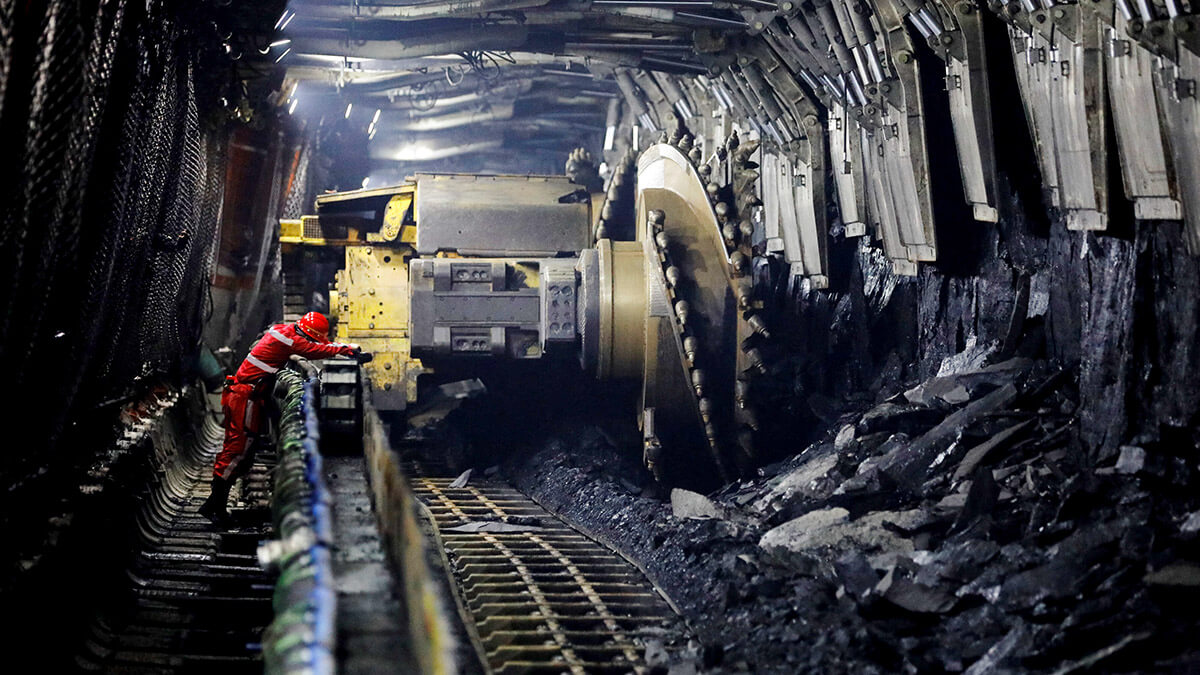
Trade agreements between China and many African countries are embellished with intentions and metaphors about improving the lives of Africans, but there is a permanent backdrop: the struggle for natural resources.
Africa is the key to China's unwitting world domination.








